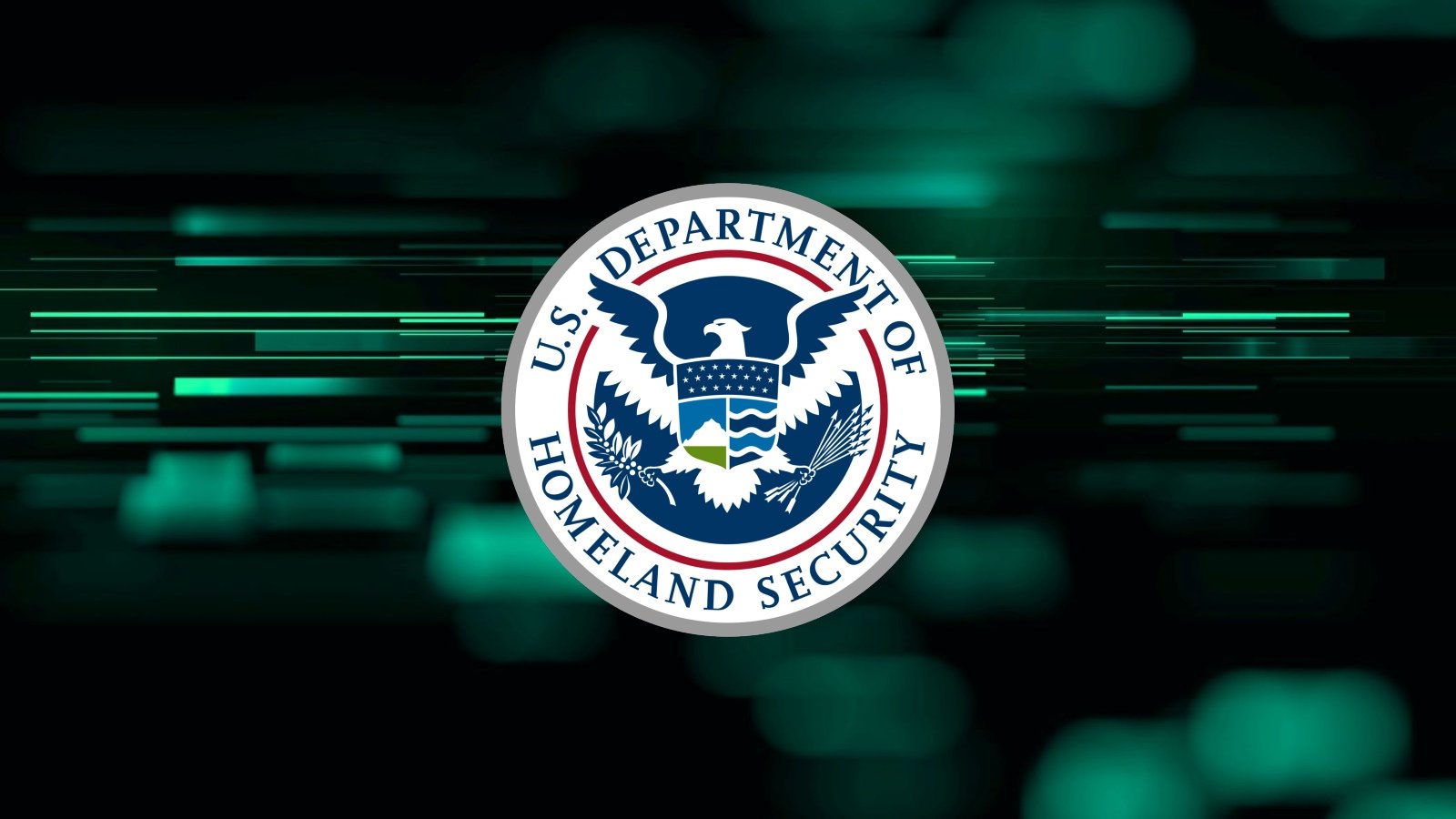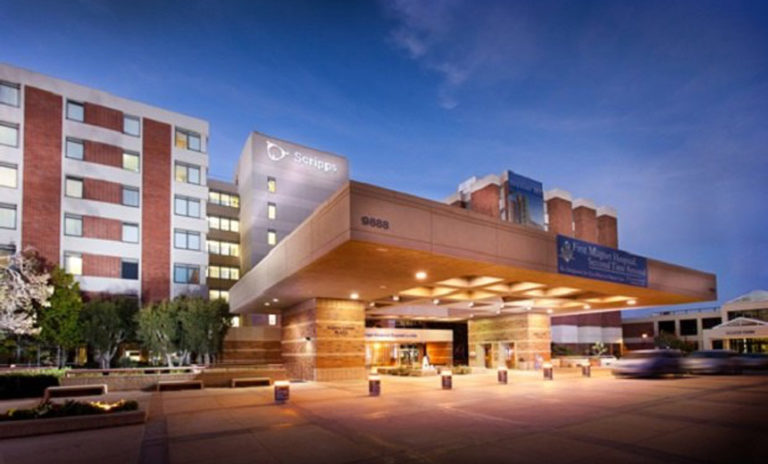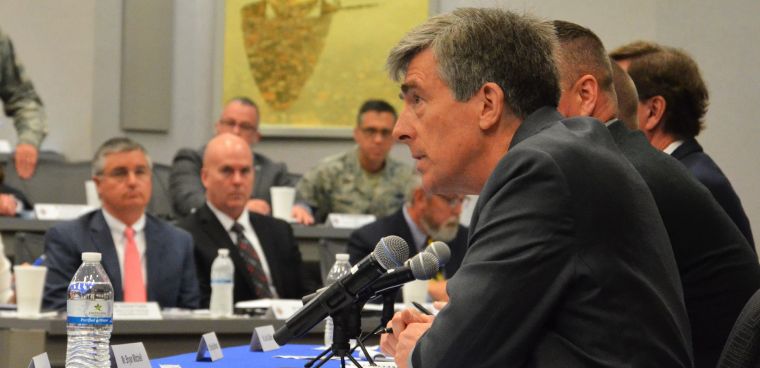US announces new security directive after critical pipeline hack

The US Department of Homeland Security (DHS) has announced new pipeline cybersecurity requirements after the largest fuel pipeline in the United States was forced to shut down operations in early May following a ransomware attack.
The new security directive requires critical pipeline owners and operators to report any confirmed and potential cybersecurity incidents to the Cybersecurity and Infrastructure Security Agency (CISA).
They are also required to designate Cybersecurity Coordinators available 24/7, and to report cyber-related risks, security gaps, and remediation measures to the Transportation Security Administration (TSA) and CISA within 30 days, after reviewing their current security practices.
“The recent ransomware attack on a major petroleum pipeline demonstrates that the cybersecurity of pipeline systems is critical to our homeland security,” the Secretary of Homeland Security Alejandro N. Mayorkas said today.
“DHS will continue to work closely with our private sector partners to support their operations and increase the resilience of our nation’s critical infrastructure.”
The new security directive is designed to make it easier for the DHS to identify, protect against, and respond to cybersecurity threats targeting critical pipeline sector companies.
This new directive will require critical pipeline owners to:
Report confirmed and potential cyber incidents to @CISAgov
Review current cyber practices and identify gaps and risks
Report results to @TSA and @CISAgov within 30 days— Homeland Security (@DHSgov) May 27, 2021
US govt forced to tweak pipeline cybersecurity requirements
The directive was prompted by a DarkSide ransomware attack that hit the networks of Colonial Pipeline, a company managing the largest US pipeline system and supplying roughly half of all the fuel on the East Coast.
Colonial Pipeline was forced to shut down its entire infrastructure to contain the threat after the attack and was followed by the Department of Transportation’s Federal Motor Carrier Safety Administration (FMCSA) declaring a state of emergency in 17 states and the District of Columbia.
The DarkSide ransomware gang reportedly shut down their operation after the attack gained a lot of attention from the media and US law enforcement.
However, that only happened after Colonial Pipeline paid the DarkSide operators almost $5 million worth of cryptocurrency for a decryptor.






